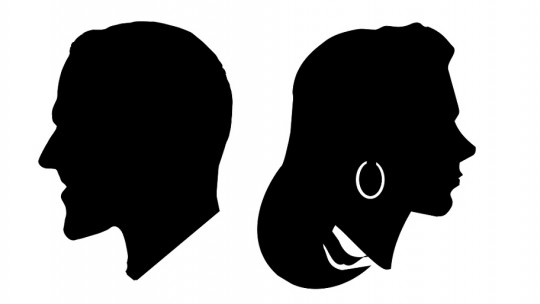
In the past, studies from the world of psychology focused on illness, pain, dysfunction, trauma… They tried to elucidate how we got into these situations that were so difficult to cope with and how to get out of them, or at least alleviate them.
For some time now, although this branch of study obviously continues and remains important, many studies and theories more linked to what some call positive psychology also appear. These, as their name indicates, are more focused on happiness, well-being, how to enhance health …
I want to focus, due to its relevance and magnitude, on the Harvard adult development study. It is the longest study that has been done with adults. Since 1938, they have been monitoring 724 men from their adolescence to old age…. And over time they have included their wives and the more than 2,000 children they have had.
The Harvard Adult Development Study
At the beginning of this study, a group of researchers selected two groups of young people from very different backgrounds: Harvard students and kids from poor Boston neighborhoods from troubled families.
Every two years they passed a new battery of questions, medical histories, scans, interviews with the children …. And although in adolescence everyone said that they believed that happiness would be achieved with fame, wealth or achieving great successes (these same responses are currently given in adolescents and young people) at 80 their perspective has changed a lot and they only talk about their relationships .
Good personal relationships are what will mark our happiness and also our health The better relationships with friends, family, colleagues, and of course, with our partner, the happier and healthier we will be.
This demonstrates that the best way to predict health at age 80 is not cholesterol, but how satisfactory personal relationships are at age 50 and beyond.
The main conclusions from this study are:
In conclusion, we can all decide whether to live our lives alone (accompanied) or as a couple, but in either case it is important that our ties with others are strong to be able to live, and grow old, healthy and happy.
Does living as a couple improve our health?
For people who decide to live their lives as a couple, we put many of these bonds there, in the person we have chosen to share our story. I always tell couples who consult me that one is free to live without a partner and have these ties spread widely among friends, family, co-workers… but When deciding to have a relationship, we combine many of those connection needs in one person That is why relationships fill us so much when they are good and we tend to feel so needy when they are bad.
And this brings us to the key question: “What can I do to have one of these relationships that bring me health and happiness?” No one better than Sue Johnson, the creator of the Emotionally Focused Couples Therapy model to answer it: “Love is simple, but it is not easy.”
A good relationship requires trust, that we are able to take risks with the other, to show ourselves as we are, to open ourselves to him or her, and that the other responds to us by being emotionally present. May he pay attention to us, tune in to our feelings and stay there with us, accompanying us. That once we show that most vulnerable part of us, he stays by our side, not that he solves our problems, but that we can feel him close.
It’s simple, being there for each other when they need us, but not easy, because showing vulnerability is an act of bravery in the days that run. I sincerely believe, and I say this to the couples who consult me, that although the society in which we live leads us to an increasing individualism, in which needing the other is experienced as a weakness, trying to live a relationship of partner from that “not needing” or rather from pretending that we do not need, leaves us alone when accompanied, leaves us sad and dissatisfied.
For all this it is important to take care of our relationship as a couple, share, be, sincerely and without hiding ; because that is the key to our happiness and also to our health.
It’s not about not arguing, it’s not about always agreeing, it’s not about pretending, but about knowing that the other is our safe haven, beyond any discussion.
Fortunately, we are lucky that Sue Johnson has created a therapy model that teaches us the way to be present and connected with our partner, that teaches us how to do what is often not easy for us, even if it is very simple.








